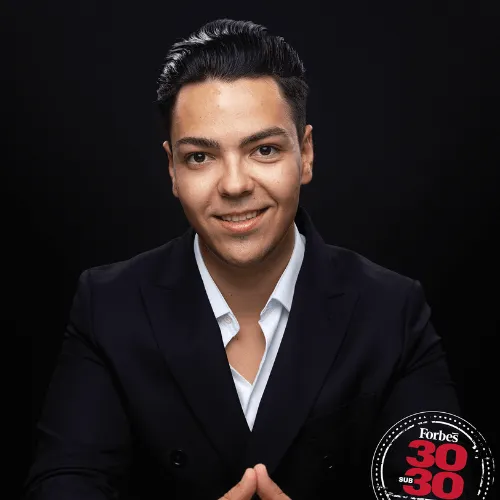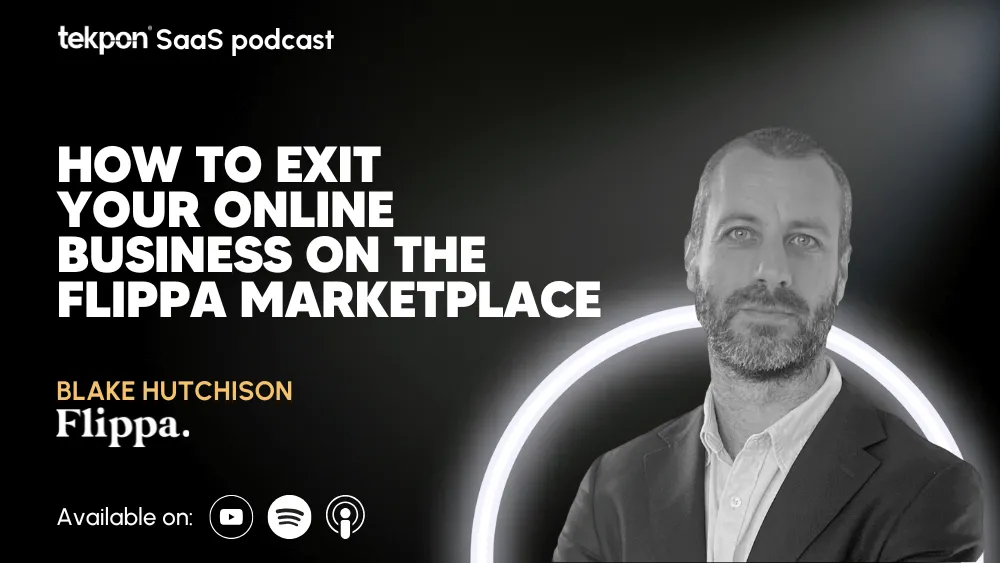About PROPSTER
Milan: PROPSTER is a prop-tech company, which means we digitize very old-fashioned and conservative real estate, and what we are doing is quite simple. We try to use the methodology you can find in the automotive and real estate industries. Just imagine you could configure a house, apartment, office, or building online, like configuring a car online. Currently, the solution sounds very simple. Why should we configure real estate? The answer is also quite simple because the current way, how we plan, and how we build is insufficient for the industry currently. It was too expensive.
We are far away from understanding what the customers need. We need to change the real estate industry. When we started PROPSTER six years ago, we were actually part of a project, a change management, change management project for a property developer and the general contractor, so there were no props at all as an idea. There was just this order – okay guys, let’s look into our current processes and see if there is any technology out there, any methodology which can help the current process be more efficient.
Configure your apartment like you configure your car
Milan: And because we know that the industry always wanted to be more modular and more products and service driven, we started to talk with some experts, some people from the industry and one CEO from a car company told us – you really need to do something in the real estate industry because if you compared it to the car industry, if we would build cars with the same methodology the whole industry uses today, a Volkswagen Golf would cost us 200,000 euros in production.
It was brought to the point that we needed to do something. And we decided we should try to do some of the methodologies from the car industry. And we realized the best way to start it is to digitize the process between the property company and its customers. Our idea was to use configuration and e-commerce as a methodology to configure real estate. That’s why I said, imagine you could configure your apartment, a house, or a whole building online based on a pre-approved and suitable product and materialist. This immediately solves lots of issues because you have to plan differently. This leads you to more planning and price security. And in the end, it also leads you to communication and less documentation effort if you do this online with your customers.
PROPSTER best features
Milan: When we started, we realized that if we want to change the whole industry, we cannot change it from one day to another, especially because it’s such a vast value chain. We are talking about lots of different departments and lots of extra steps. The first feature we developed is to let a buyer of an apartment configure the apartment based on options. The first feature is a configurator, like a car configurator, but only for real estate. And this led us also to start building a platform because the configuration is only a part of the customer journey. You need documents, and you need communication. You also need to exchange in other directions, like contracts, so we started to build a whole platform.
Also, we have a savings calculator, which is a simple way to show our clients how much time they save if they use PROPSTER because if you do it the old-fashioned way, it’s just too much time you have to spend. With the savings calculator, you can save up to 75% of your time, which for every CFO is impressive. It’s not rocket science, and it’s just streamlining processes. Make sure that you have one single source of truth regarding your communication.
PROPSTER featured integrations
Milan: Integrations is a significant topic for us because, as I already mentioned before real estate industry is enormous, and the value chain is massive. Also, the industry is suffering slightly from this kind of island solution. We are building one solution to cover the customer journey. For example, another startup is building a solution to digitize the processes on the construction site. You need to integrate different service providers. They are startups, but they are also established companies. For example, we are integrating DocuSign into our system so customers can actually sign contracts through PROPSTER. We also have integrations with other third-party platforms. I’m pretty sure it won’t surprise you, but our first integration was with Microsoft.
PROPSTER costs
Milan: We are a software as a service based on license packages. Our clients are basically property co-developers and general contractors. They book units like apartment units or square meters if they do commercial projects, and then they can use it based on their unit package. It starts at around 900 euros per month, and then, of course, it goes up.
How the pandemic accelerated their growth
Milan: When we started, everything was on a very personal level because, as I said, the real estate industry is old-fashioned. It’s lots of hands shaking hands. It was nearly impossible to acquire clients through Zoom or meet Google Meet, or whatever. We traveled a lot before, but the Corona crisis changed it dramatically. Before the pandemic, we acquired 5% of our clients online; after, it was 90%. This also gave us a huge boost in our growth because we acquired more people across Europe. Remember that if there is a crisis, there’s also a chance to change something and improve.
We really want to change the industry. Our main goal is to actually be the Amazon for real estate but in a B2B sector. Just imagine you would be able to tell us what you want to build or even if you want to refurbish an apartment if you want to build a whole building. And you could identify the right products and materials and order through us. This is our vision.
Building a team is always a challenge
Milan: We are 28 right now, located in Vienna, Austria. We also have an office in Stuttgart and London because it’s fancy to have an office in London, and that’s why we have it. The biggest challenge was to find the right people are like employees. This is definitely one of the most important things because a startup is like a rollercoaster. Maybe the people outside only see this bling on LinkedIn, Facebook, or Instagram. But behind, there is a lot of sweat and tears, and I think I lost a couple of my hair during the last six years. To do this, you need to have the right team.
In 2021, we raised our seed round with 3 million euros, and this year we are also looking for a new investment. We will fundraise in a few weeks, searching for five to 10 million Series A.
What is your story, Milan?
Milan: I actually studied something totally different, I studied sports management. A part of my family is working in the real estate business, and as it always is, you don’t want to do what your family does. And you try to do something else, fail, and go back somehow to the easier way. I founded my first company when I was 21, and a couple of years later, I joined forces with my uncle, who was in the real estate business. And we founded a company, an agency for digitization and communication in real estate. We bootstrapped PROPSTER out of this agency. I was somehow already fed up with this kind of agency staff. I have always wanted to develop a product.
What’s your best piece of advice for founders?
Milan: Stay happy and healthy. That’s very important. Ensure you stick to your vision and don’t listen to the naysayers. I try to keep my body in shape and do some sports at least once or twice a week. I also spend lots of time with my family. For example, weekends are always blocked for family, so I try not to work. Everybody working in a startup environment can see that times are currently tough. And maybe not for all, not all for all sectors, but in the property context, it’s very challenging currently. Everything is challenging currently, but staying positive and optimistic is very important. Always try to have a smile on your face, even though it’s sometimes not easy.







